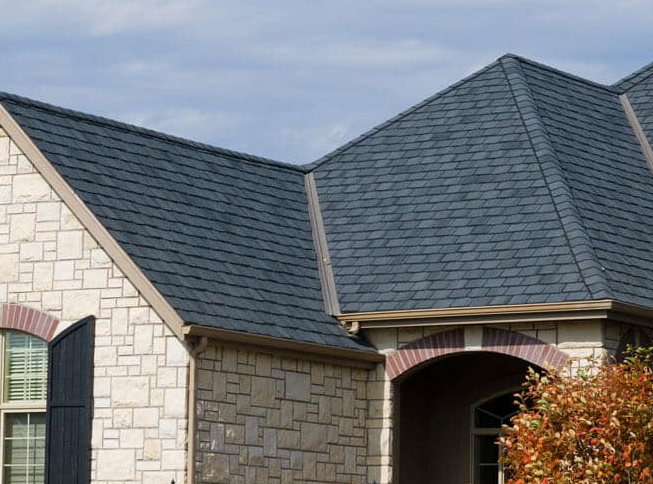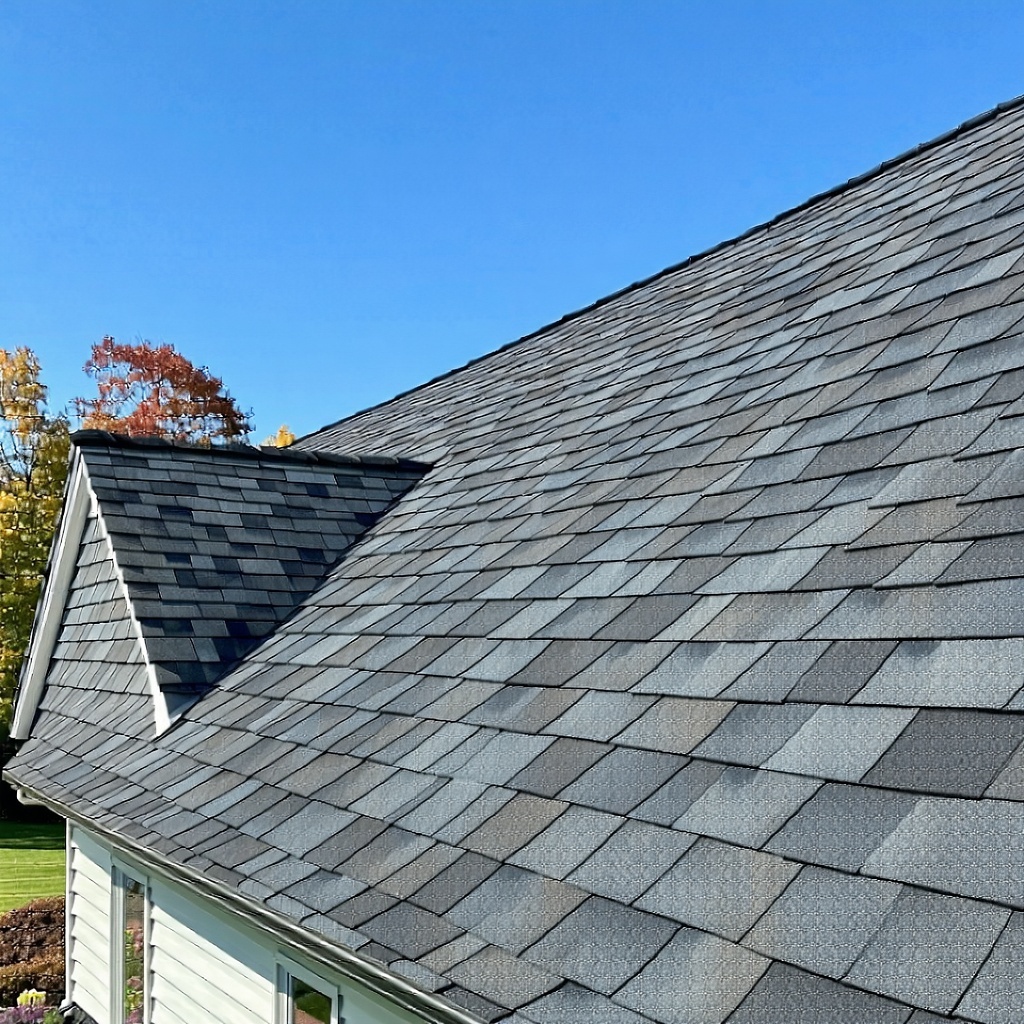Knowing When to Replace Your Roof: A Guide
Learn the signs that indicate it's time for a roof replacement and how to make the best decision for your home.
Signs that indicate it's time for a roof replacement
If your roof is over 20 years old, it may be time to consider a replacement. Most roofs have a lifespan of about 20 to 25 years, so if your roof is approaching or exceeding this age, it's a good idea to start thinking about a new roof.
Another sign that indicates the need for a roof replacement is extensive damage. If you notice missing or damaged shingles, leaks, or sagging areas on your roof, it's likely that a replacement is necessary to prevent further issues.
Additionally, if you frequently experience roof leaks, even after repairs, it may be a sign that your roof has reached the end of its lifespan and needs to be replaced.
Lastly, if you can see daylight through your roof boards from inside your attic, it's a clear indication that your roof is in need of replacement.
Factors to consider before replacing your roof
Before replacing your roof, there are several factors to consider. First, assess your budget and determine how much you are willing to spend on a new roof. This will help you narrow down your options and choose the most suitable roofing material.
Next, consider the climate in your area. Different roofing materials have different levels of durability and weather resistance. It's important to choose a material that can withstand the specific weather conditions in your region.
You should also take into account the architectural style of your home. Certain roofing materials may complement your home's design better than others. Consider the overall aesthetics and choose a material that enhances the curb appeal of your property.
Lastly, think about the long-term maintenance requirements of the roofing material. Some materials require more regular upkeep than others. Consider your willingness and ability to perform maintenance tasks to ensure the longevity of your new roof.
Importance of regular roof inspections
Regular roof inspections are crucial for maintaining the integrity of your roof and identifying any potential issues before they become major problems.
During a roof inspection, a professional can identify signs of damage, such as missing or damaged shingles, leaks, and sagging areas. They can also assess the overall condition of your roof and provide recommendations for repairs or replacement if necessary.
By scheduling regular roof inspections, you can catch issues early on and prevent costly repairs or premature roof replacement. It's recommended to have a professional inspection at least once a year, or after severe weather events.
In addition to professional inspections, it's also important to perform visual inspections yourself. Look for any signs of damage or wear and tear, such as loose or curling shingles, moss or algae growth, or granule buildup in your gutters. If you notice any issues, it's best to consult with a roofing professional for further evaluation.
Choosing the right material for your new roof
When replacing your roof, choosing the right material is essential for its longevity and performance.
One popular roofing material is asphalt shingles, which are affordable, easy to install, and come in a variety of colors and styles. They provide good durability and weather resistance for most climates.
Another option is metal roofing, which offers excellent durability and longevity. Metal roofs can withstand extreme weather conditions and are resistant to fire, rot, and insect damage. They are also energy-efficient and can help reduce heating and cooling costs.
For a more eco-friendly option, consider a roof made of recycled materials, such as rubber or plastic. These materials are durable, lightweight, and resistant to UV rays and weathering.
Other roofing materials to consider include clay or concrete tiles, which provide a unique and stylish look, and slate, which is known for its elegance and durability.
It's important to research and compare the pros and cons of each material, considering factors such as cost, durability, maintenance requirements, and aesthetic appeal. Consulting with a roofing professional can also provide valuable insights and recommendations based on your specific needs.
Hiring a professional roofing contractor
When it comes to replacing your roof, hiring a professional roofing contractor is highly recommended.
A professional contractor has the knowledge, skills, and experience to ensure that the roof replacement is done correctly and efficiently. They can assess the condition of your roof, recommend the most suitable materials, and handle the installation process with precision.
Additionally, professional roofers have access to high-quality materials and tools that may not be available to homeowners. They can also provide warranties on their workmanship, giving you peace of mind knowing that your new roof is protected.
To find a reputable roofing contractor, consider asking for recommendations from friends, family, or neighbors who have recently had their roofs replaced. Research local contractors online and read customer reviews to gauge their reputation and reliability. It's also important to request multiple quotes and compare them to ensure you are getting a fair price for the services provided.
Before hiring a contractor, make sure they are licensed, insured, and bonded. This protects you from liability in case of accidents or damages during the roof replacement process. Ask for proof of insurance and licenses, and don't hesitate to ask for references from previous clients.
By hiring a professional roofing contractor, you can have confidence in the quality and longevity of your new roof, and enjoy a safer and more comfortable home.


